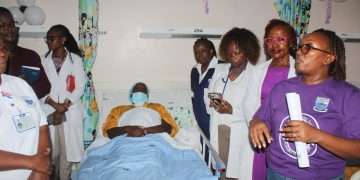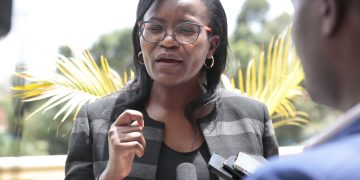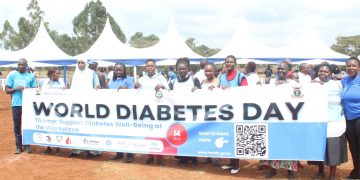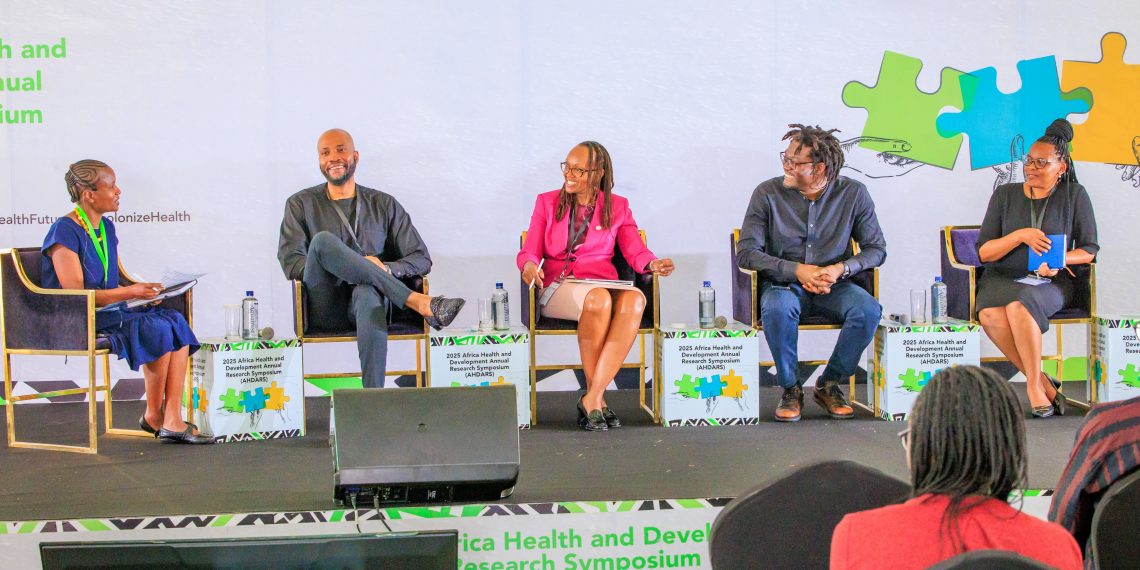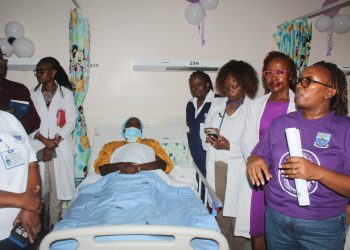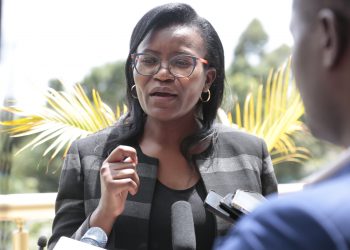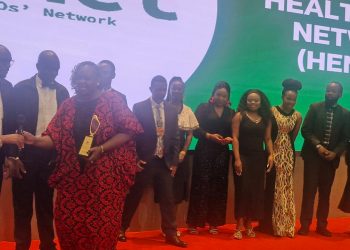The African Population and Health Research Center (APHRC), in partnership with the Science for Africa Foundation (SFA Foundation), GSMA, and the East, Central, and Southern Africa Health Community (ECSA-HC), today opened the 2025 Africa Health and Development Annual Research Symposium (AHDARS) at the APHRC Campus in Nairobi, with a simultaneous virtual convening.
This year’s symposium, themed “Decolonizing Global Health in the Age of Digital Transformation: Rethinking Aid and Partnerships as Africa Leads Its Future,” brings together researchers, policymakers, innovators, and private sector leaders from across the continent to push for African-led models of global health and evidence-driven decision-making.
Discussions will explore how digital transformation can accelerate equitable partnerships and strengthen Africa’s research and development autonomy.
In her opening remarks, Dr. Catherine Kyobutungi, Executive Director of APHRC, called for courageous conversations and bold action to dismantle entrenched imbalances in global health.
“We are proud to join, facilitate, and participate in conversations that confront uncomfortable truths because that’s how real transformation begins. This is a critical moment for us as a continent, and we must move from talk to action,” she said adding that,“Digital transformation can and should deliver change grounded in equity.”
Keynote speaker Dr. Seye Abimbola, a leading scholar of health systems and epistemic justice, urged participants to re-examine the hierarchies that shape global health knowledge.
“Every actor, at every level, must see themselves as part of the broader decolonization agenda within the knowledge ecosystem,” he said, warning against adopting external models that do not reflect Africa’s realities.
SFA Foundation Chief Scientific Officer Dr. Evelyn Gitau emphasized that Africa’s growing scientific capacity must be matched by funding structures that reflect African priorities.
“Africa’s strength is evident in the solutions we continue to build for our own research and health systems,” she said adding, “We are not passive recipients; we are active contributors shaping the continent’s future.”
She highlighted the newly launched Good Research Management Practice Standard as a milestone in improving research efficiency, accountability, and governance across the continent.
GSMA’s Head of Africa, Angela Wamola, noted that Africa’s digital momentum is reshaping the global health landscape.
“The GSMA–APHRC Enabling Digital Health in Africa report marks a pivotal moment. Africa’s digital transformation is not just about technology — it’s about equity, inclusion, and leadership.”
From ECSA-HC, Ms. Sebentile Myeni underscored the importance of shifting mindsets toward solutions rooted in African expertise and communities.
Dependency syndrome convinces us that help will always come from elsewhere, yet the solutions are already within our people,” she said,“Research only serves Africa when it is internalized by Africans.”
Over the two-day meeting, participants will discuss innovative financing models, data governance, digital health regulation, and strategies for strengthening Africa’s research architecture. Conversations will also explore how artificial intelligence and digital tools can address pressing public health challenges.
As AHDARS 2025 sets the stage for deeper reflection and reform, the symposium sends a clear signal Africa’s decolonization agenda in global health will be propelled not by rhetoric, but by the policy shifts, partnerships, and investments that follow.



